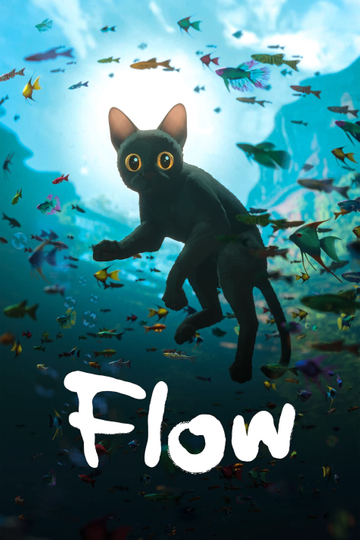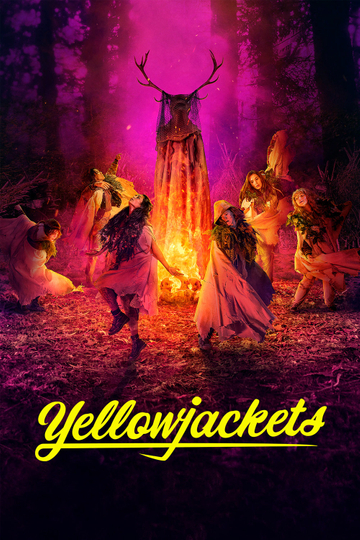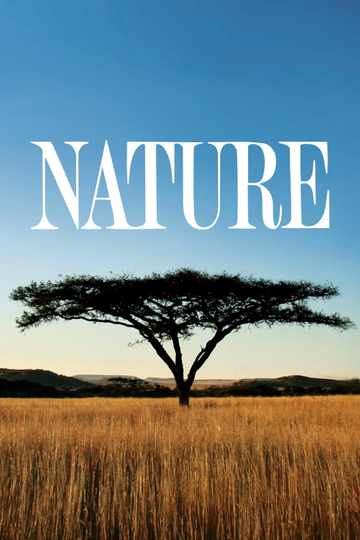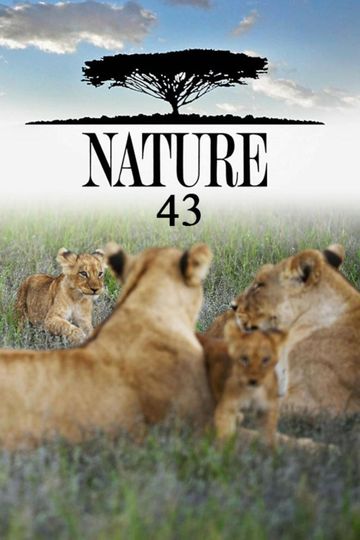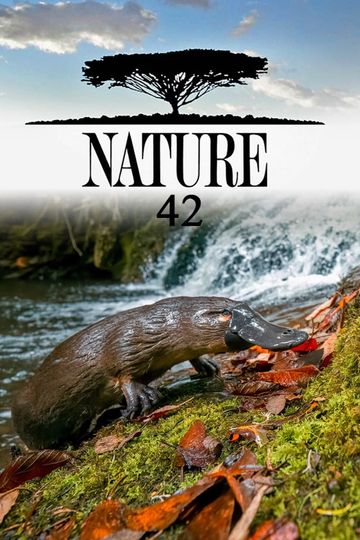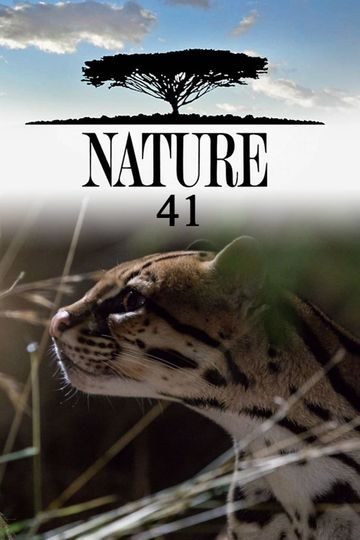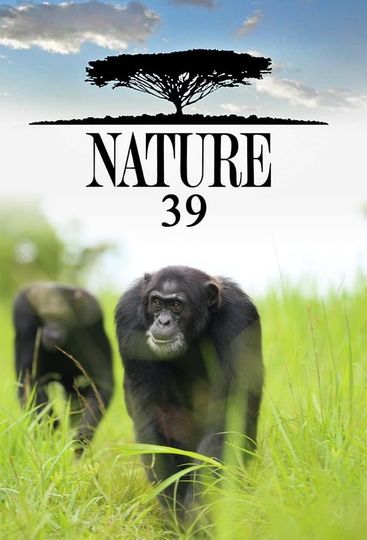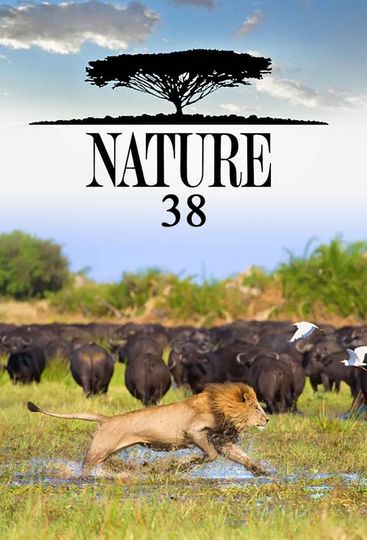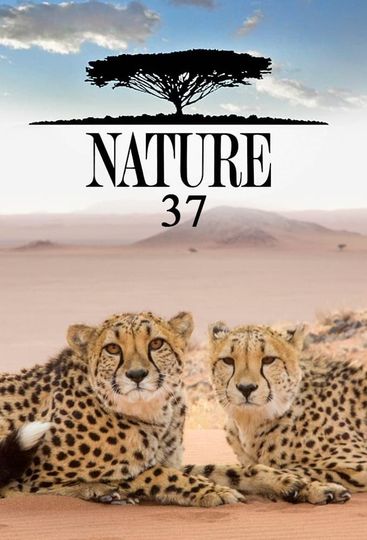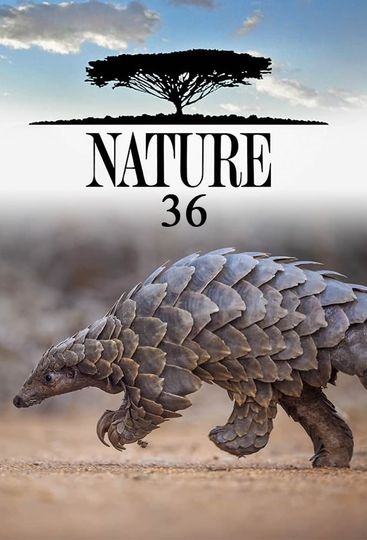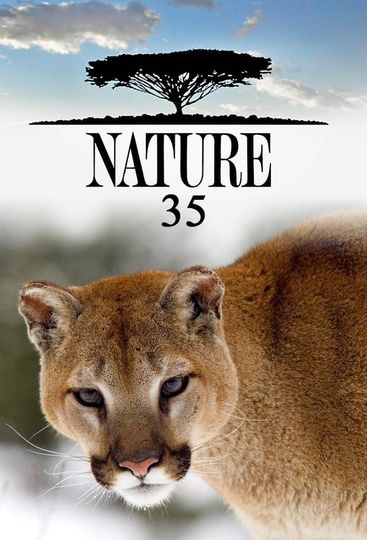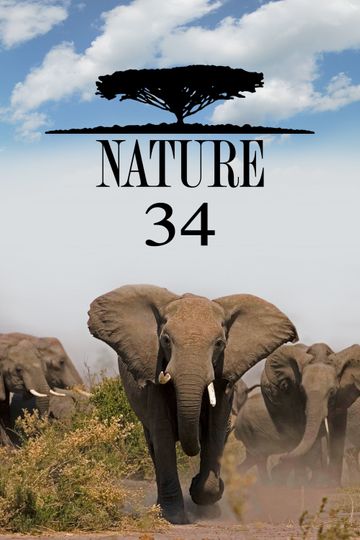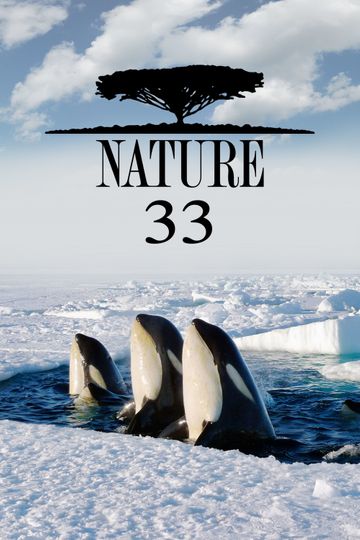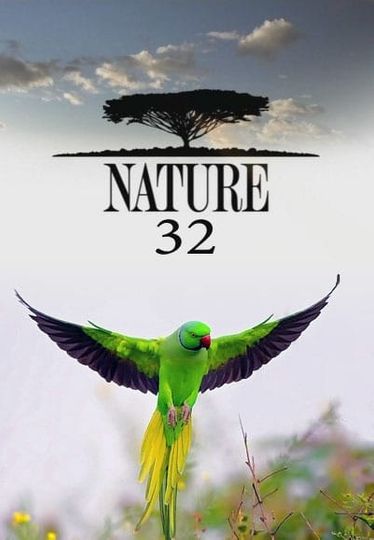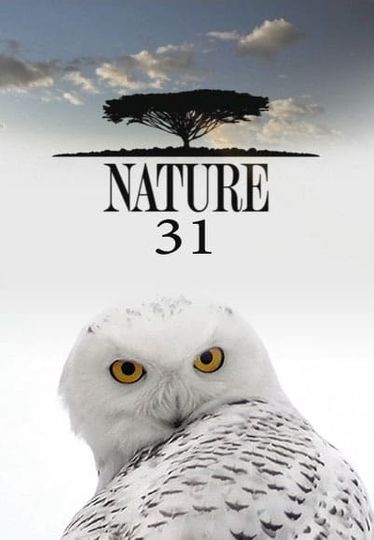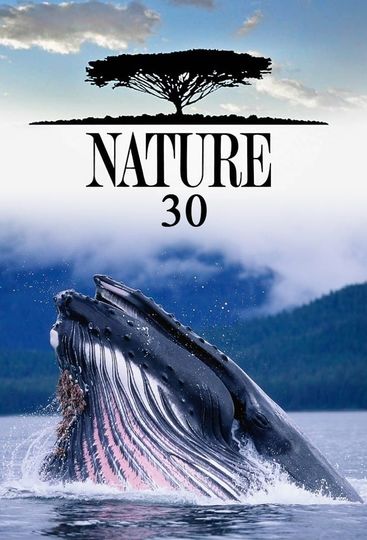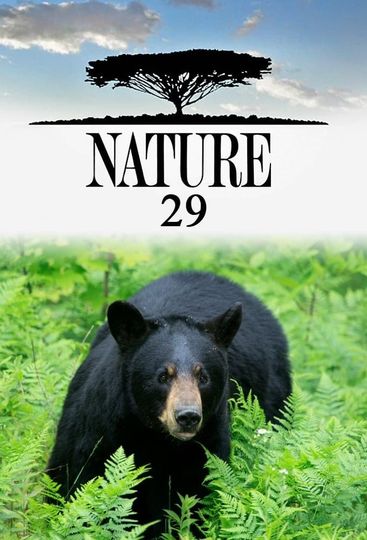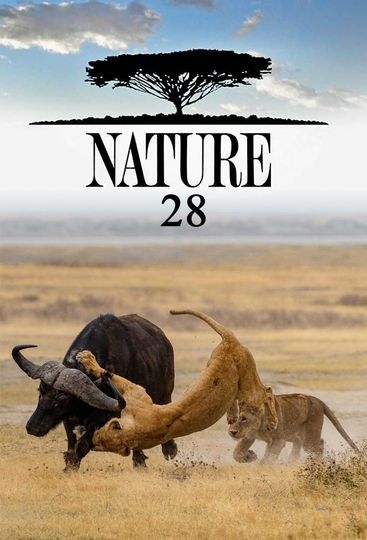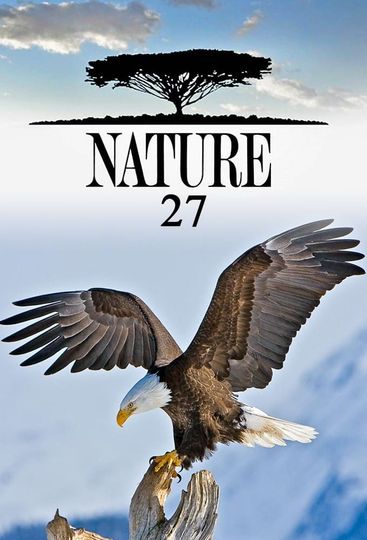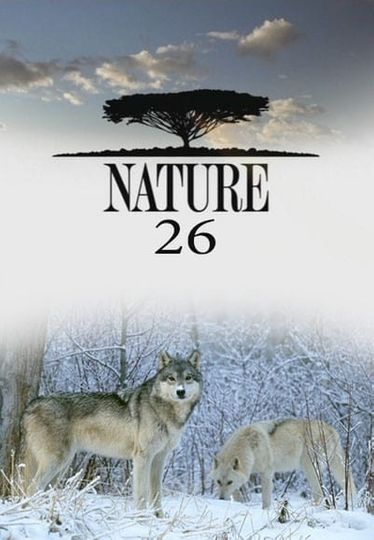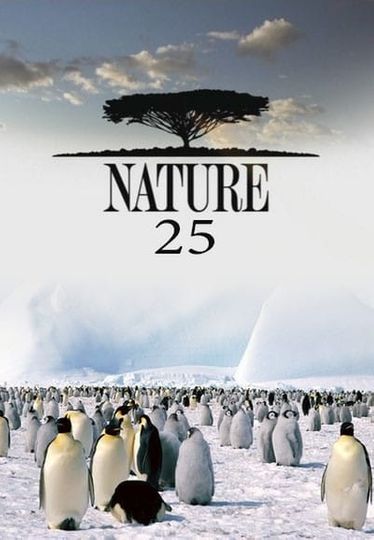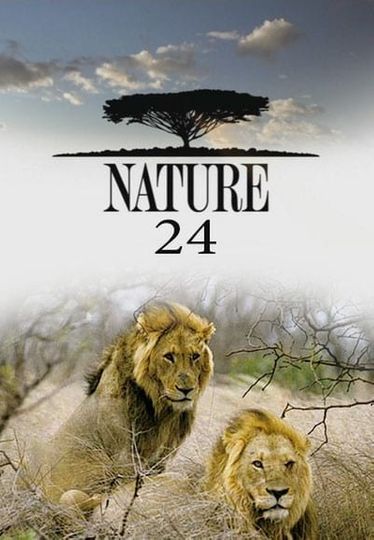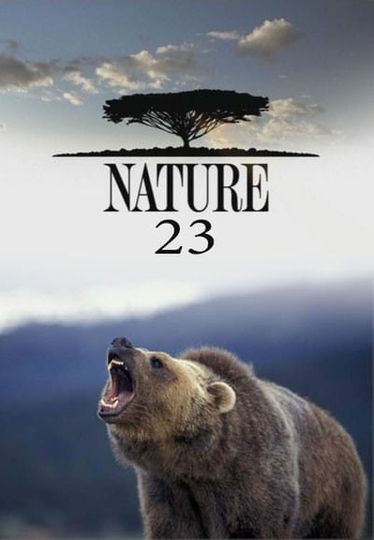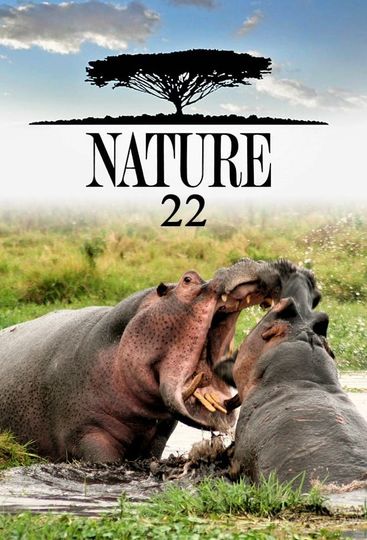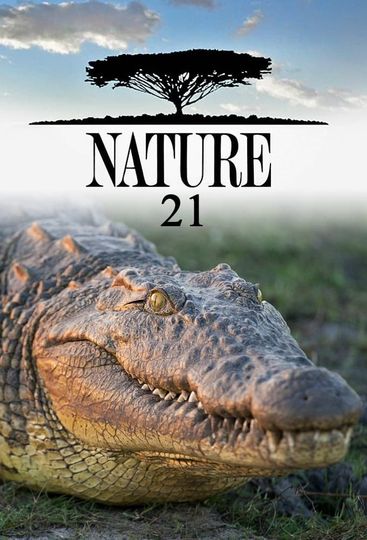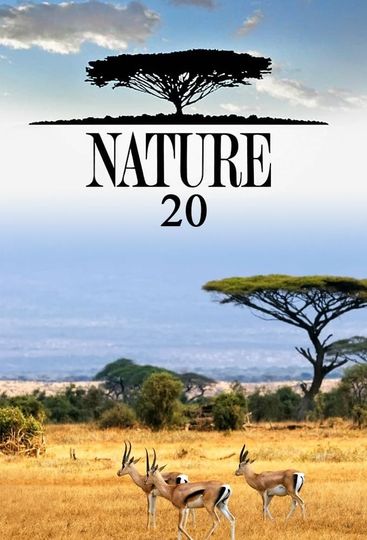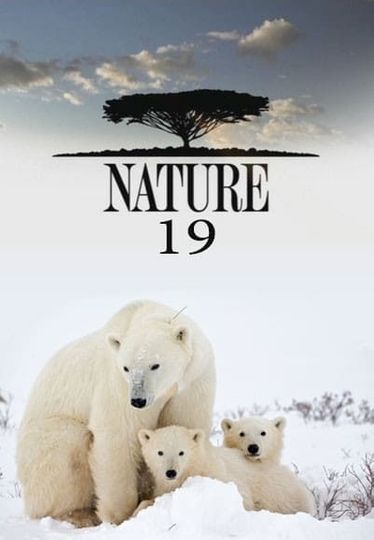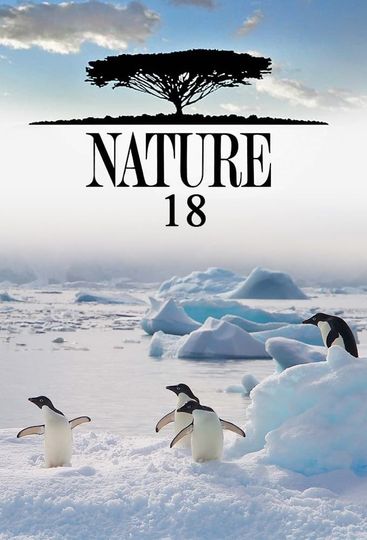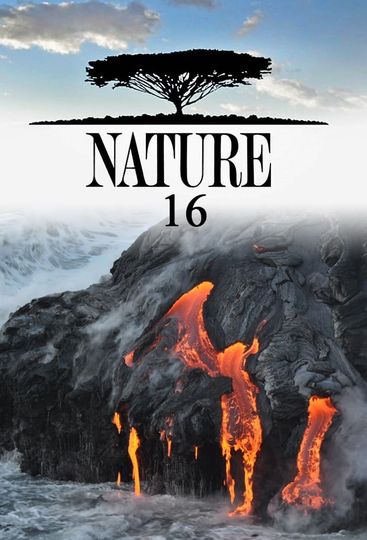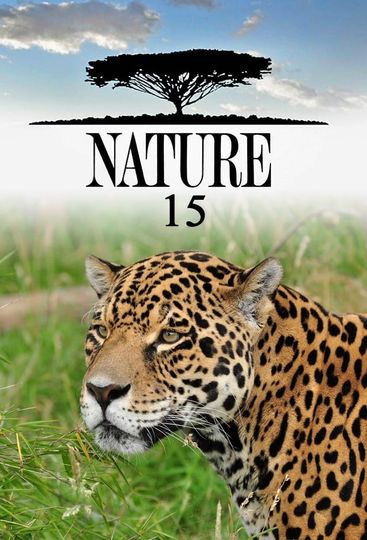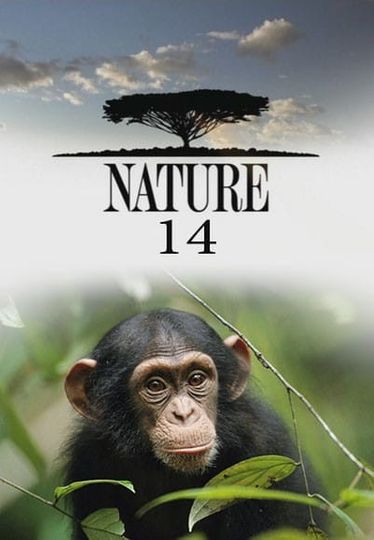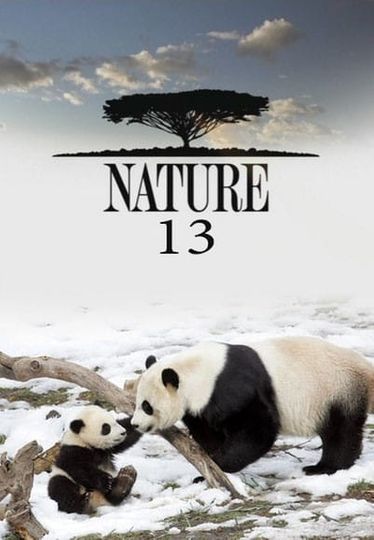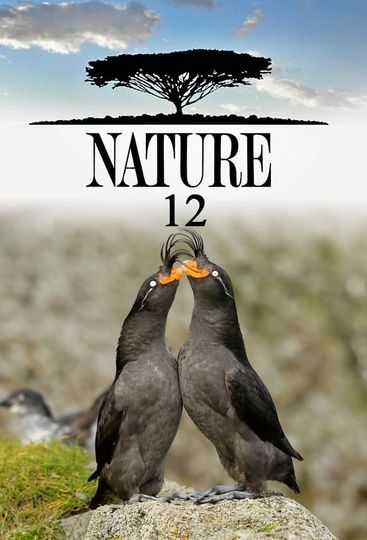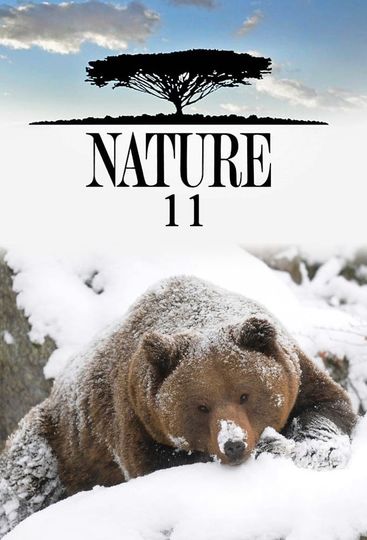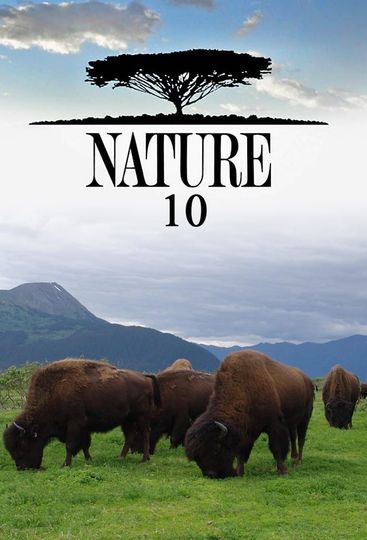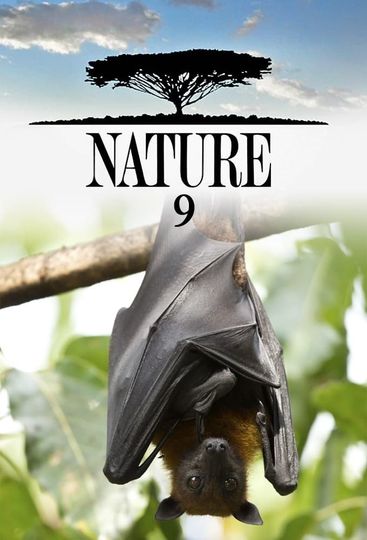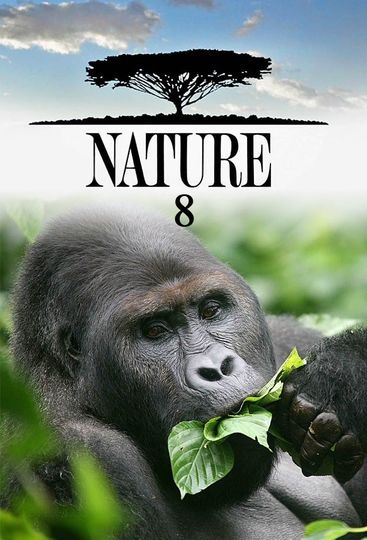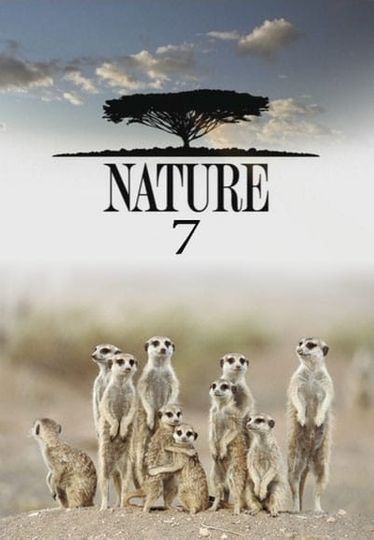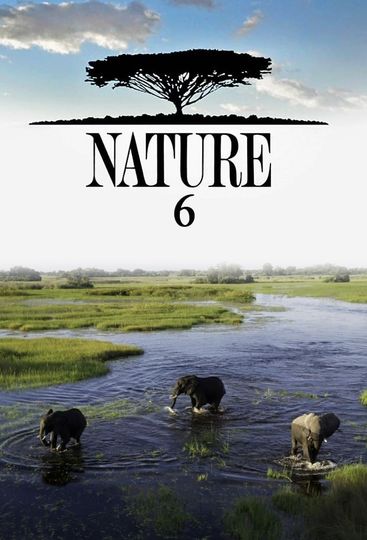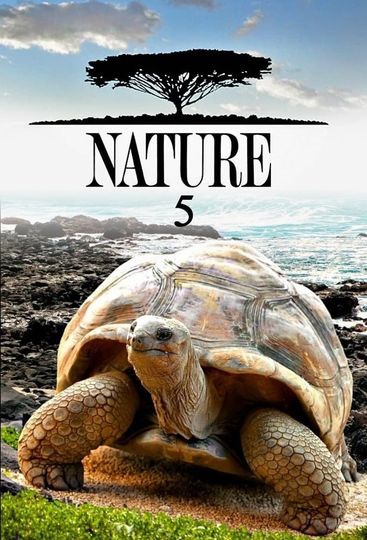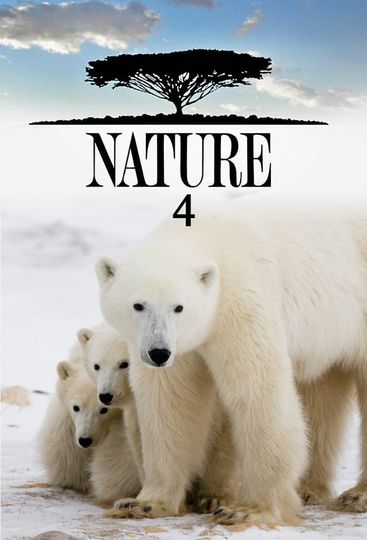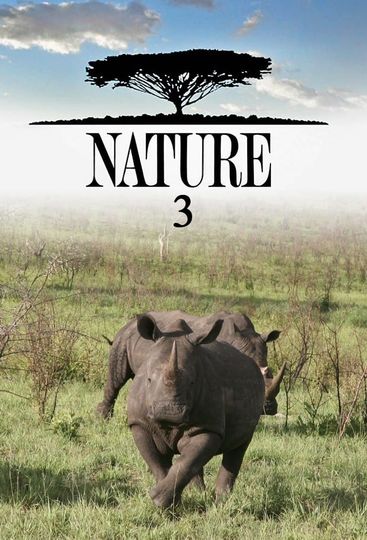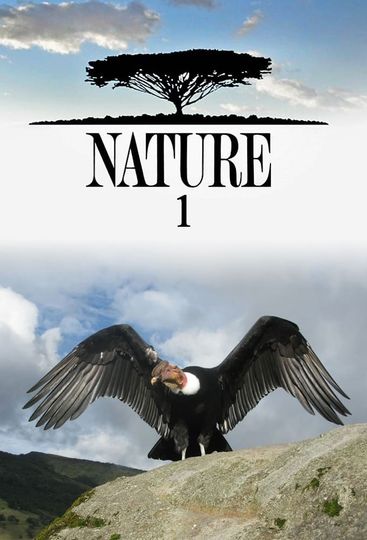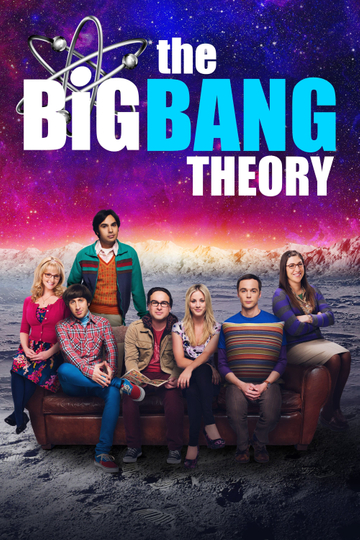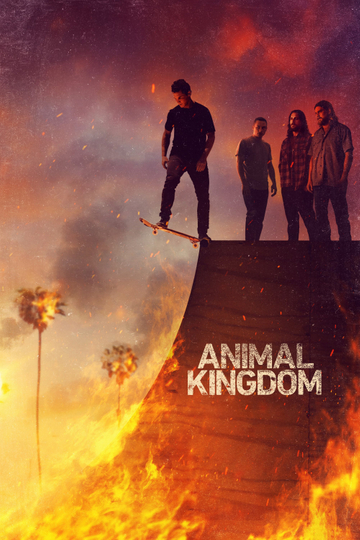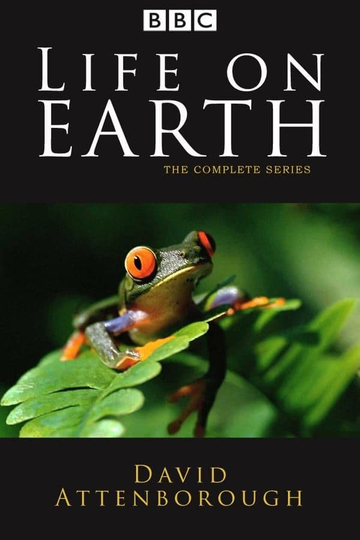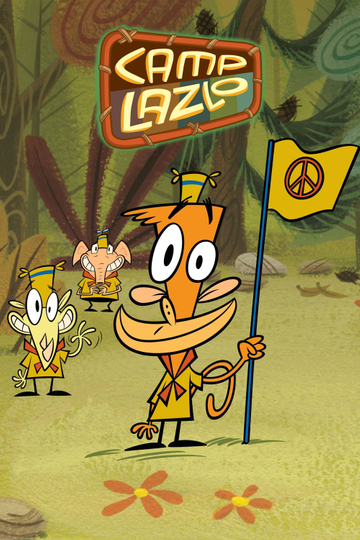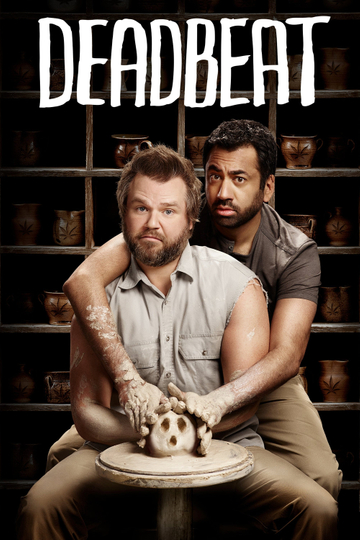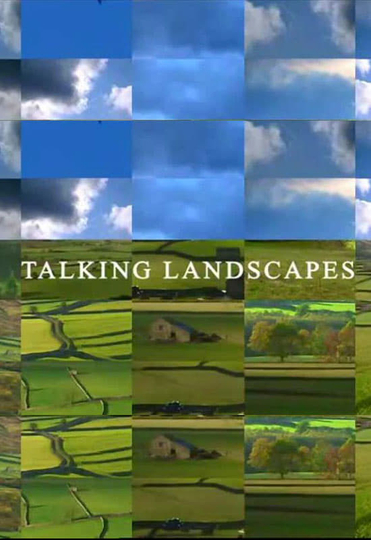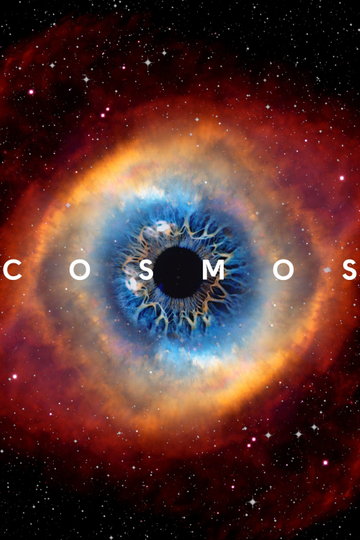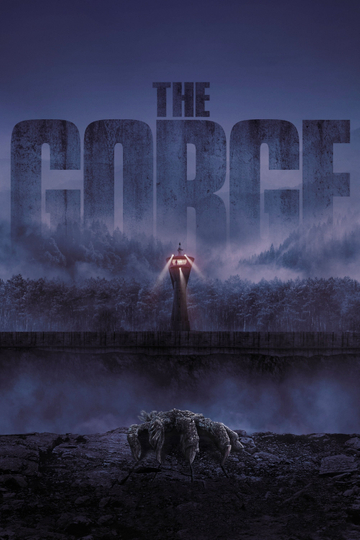Season 23 Episodes
1. Chasing Big Cats
The big cats of Africa have always been favored subjects of wildlife filmmakers. But as little as 15 years ago, no one had captured the unforgettable image of a leopard in its ghostly nocturnal stalk. Viewers had never seen intimate portrayals of the sleek and elusive serval, or witnessed the nighttime romps of the beautiful black-eared caracal. The team of Owen Newman and Amanda Barrett filled those gaps with a series of spectacular breakthrough films in the 1990s. Among the first to apply infrared light and night vision goggles to wildlife studies, they combined technology with intrepid determination and a strong dose of luck, illuminating the cats we hardly knew, and giving us fresh insights into those we only thought we knew, such as lions and cheetahs.
2. Shark Mountain
Rarely seen aspects of shark behavior highlight this extraordinary view of undersea life, including an organized feeding frenzy with other predators that help herd their prey; night hunting in packs; and their violent courtship ritual. Also: the red-lipped batfish, which “walks” on the ocean floor via modified fins.
3. The Good, the Bad and the Grizzly
Yellowstone's restored grizzly-bear population and its conflicts with humans are examined, with food the force driving the bears, which have been protected as endangered species for 30 years. That's now challenged by lawmakers, while ecological changes threaten bears' food sources. Chris Cooper narrates.
4. Violent Hawaii
“Violent Hawaii” offers a panorama of nature in action, including volcanoes; humpback whales; tsunamis; and big-wave surfers and the lifeguards who rescue them at a beach nicknamed “Jaws.” James Naughton narrates.
5. Silent Roar: Searching for the Snow Leopard
Most big cats do their best to remain hidden from human eyes, but none are quite as adept at this as the snow leopard. These cats lead largely solitary lives, populating the Himalayas at altitudes that offer only about half the oxygen to which humans are accustomed. So when wildlife filmmakers Hugh Miles and Mitchell Kelly set out to film this animal they knew they were in for a challenge.
6. Cuba: Wild Island of the Caribbean
“Cuba: Wild Island of the Caribbean” explores the country's diverse animal life, much of it found nowhere else. Included: the Cuban crocodile, which can leap as high as seven feet.
7. From Orphan to King
Orphaned orangutans, their parents killed for their value as 'exotic' animals, face a struggle to survive in the jungles of Borneo. The researchers of Camp Leakey rescue the young and try to help the species hang on.
8. Snowflake: the White Gorilla
For nearly 40 years an albino gorilla named Snowflake was adored by people around the world. NATURE’s Snowflake: The White Gorilla tells the story of this remarkable animal, from his loving upbringing by humans to his eventual death from skin cancer in 2003. It also tracks the revolutionary changes in our understanding of how best to care for gorillas that have taken place during Snowflake’s lifetime.
9. The Venom Cure
Scientists have discovered that natural poisons and venoms contain chemicals that can be used to create drugs for treating everything from chronic pain to cancer.
10. Deep Jungle: New Frontiers
The first of three “Deep Jungle” shows, with high-tech innovations capturing views of rain-forest life big and small. Included: the elusive Sumatran tiger; flying lizards and snakes in Borneo; a bird that moonwalks as part of its courtship ritual; a moth that feeds with a 12-inch tongue. John Hannah narrates.
11. Deep Jungle: Monsters of the Forrest
In the Amazon — the world’s largest rainforest — trees fight to the death for water and sunlight. Giant spiders as big as dinner plates take shelter in underground lairs. Buzzing bees and scurrying mammals help hold together an amazing web of life that centers on the Brazil nut tree. One of the world’s largest rivers carries floodwaters that turn forests into massive lakes.
12. Deep Jungle: The Beast Within
What jungles reveal about humanity, through studies of primates and ruins of ancient civilizations in Guatemala and Cambodia, and why those cultures collapsed. Cameras capture monkeys using tools to open nuts, and chimps are seen in a coordinated hunt for one of their own.
13. The Dolphin Defender
Nearly three decades ago, filmmaker Hardy Jones became fascinated by wild dolphins. Even though many said it couldn’t be done, he set out to film these sleek sea mammals in the open ocean. Along the way, he became closely involved with his subjects and came to appreciate dolphins as highly intelligent creatures worthy of careful protection. Eventually, Jones turned his camera into a tool for conservation. He filmed dramatic dolphin hunts, and the documentary footage made headlines and sparked international protests. Jones also discovered the effects of chemical pollution on dolphins and orcas, the largest species of dolphin. He came to realize that threats to these marine mammals were threats to the ocean itself, and to us all.

